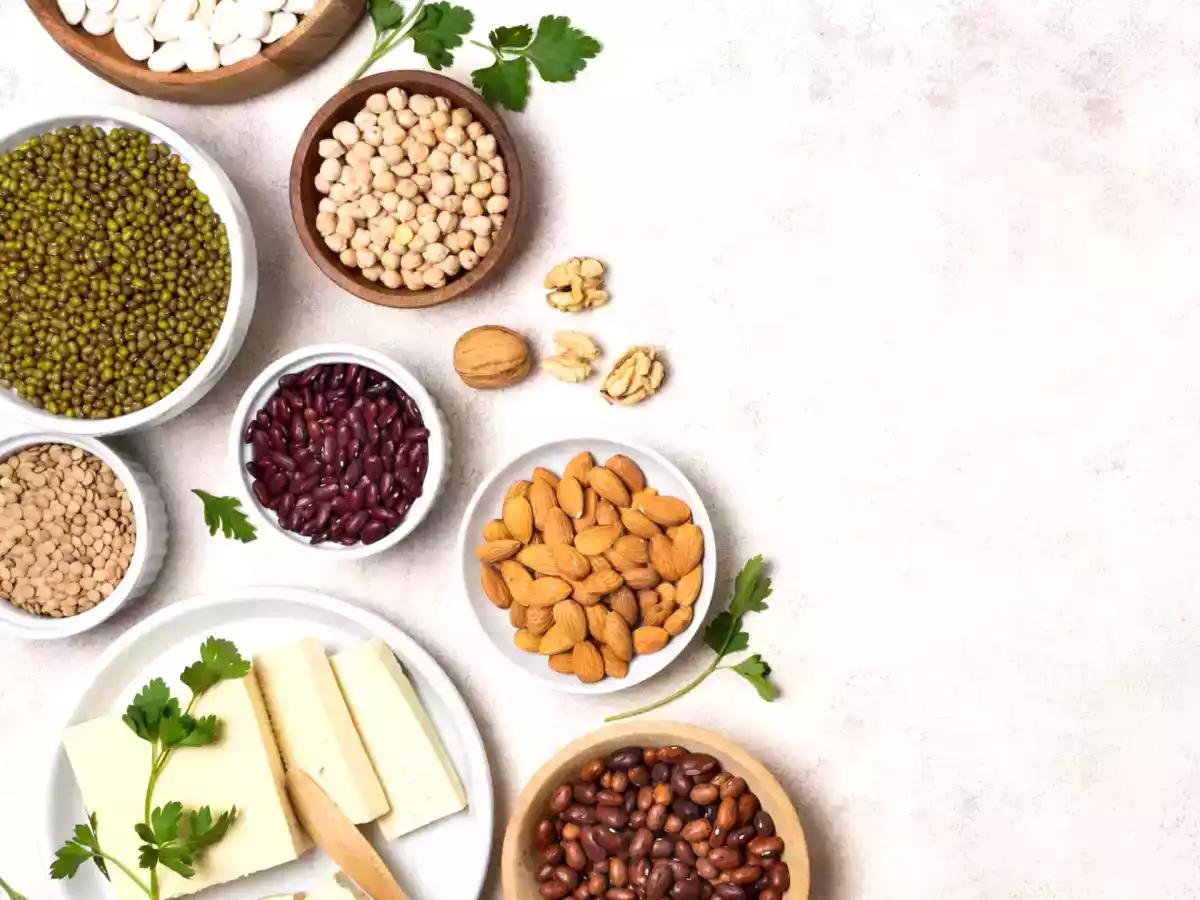Plant-based nutrition: what are the 5 macro trends for 2025?

The market for plant based foods has experienced tremendous growth in recent years, signaling a significant change in consumer habits. This trend confirms the growing interest in more sustainable, ethical and conscious food choices, in line with growing environmental awareness and attention to health.
To support these dynamics, the VEGANOK Observatory has identified the five main macro-trends that will drive the plant-based food sector by 2025. These trends not only outline market development directions, but also represent a concrete opportunity to promote a more inclusive, sustainable and innovative future. Indeed, the growing demand for plant-based products is a response to global challenges related to climate change, animal welfare, and the quest for a more balanced lifestyle.
1. Fusion cuisine with a vegan twist
The year 2025 will be marked by a growing fusion of culinary traditions from different cultures, reinterpreted in a vegan way to meet the needs of an increasingly ethical, health-conscious and sustainable public. Dishes such as vegan ramen, enriched with local seasonal ingredients, or jackfruit tacos flavored with Asian spices will become stars of tables, representing a perfect mix of authenticity and innovation.
This trend will not only encourage restaurants and food producers to create recipes that celebrate cultural diversity, but also stimulate the development of alternative ingredients and cutting-edge culinary techniques. The result will be a gastronomic offering that combines tradition and modernity, offering unique experiences that respect the environment and enhance creativity. The vegan cuisine of the future will not just be an option, but a bridge between cultures, capable of telling stories through food and inspiring a more conscious approach to nutrition.
2. Rise of vegan in big historical brands
More and more incumbent companies are embracing the vegan market, launching product lines that meet new consumer needs. An emblematic example is Ferrero, which has introduced a vegan version of its iconic Nutella, replacing milk with plant-based ingredients without compromising the taste. This transformation represents not only an adaptation to market demands, but also a commitment to increasingly central values such as sustainability, respect for the environment, and food inclusiveness. In 2025, this trend is set to grow further, driven by consumer awareness, which rewards brands that can innovate and adapt to cultural and environmental changes.
In the face of these new priorities, companies are investing significant resources in developing recipes and advanced technologies to ensure quality and taste in vegan products. This will position the plant-based sector as a mainstream option, no longer limited to niche markets, but a major player in consumers' daily choices.
3. Precision fermentation: the cutting edge of food science
Fermentation is revolutionizing the vegan food sector by introducing innovative and sustainable solutions. This technology takes advantage of microorganisms such as yeasts, bacteria and fungi, programmed to produce specific proteins or molecules that replicate those of animal origin, but without any direct involvement of animals. The result is plant foods with characteristics and flavors remarkably similar to traditional products.
Promising applications include vegan cheeses, milk alternatives, ingredients for desserts and baked goods, as well as vegetable butters and fats. 2025 promises to be a key year for the large-scale deployment of this technology, which is set to further transform the landscape of vegan cuisine and redefine food industry standards.
4. Sustainable and vegan packaging: the revolution of the near future
2025 will see a growing focus on animal-derivative-free, sustainable and innovative packaging, such as the revolutionary VEG-PACK, which marks a decisive step toward a truly ethical packaging industry. Cutting-edge materials such as plant-based biodegradable plastics, compostable packaging, and even edible packaging will become the standard for vegan products. In addition, reusable solutions will help reduce waste, promoting an increasingly essential circular economy model.
Consumers will place increasing importance on clear and transparent labels that guarantee the absence of animal components even in packaging, strengthening trust in brands. In 2025, packaging will no longer be just a wrapper, but a powerful tool for communicating consistency, innovation, and ethical values.
5. Zero-mile superfood: sustainability and wellness
In 2025, the concept of superfoods will be transformed, focusing on local and sustainable ingredients grown on a zero-mile basis. Products such as hemp, lupins, chickling peas, and antioxidant-rich fruits, including blueberries and currants, will be the focus of new formulations that combine nutritional benefits with reduced environmental impact. This development will emphasize indigenous crops, promoting biodiversity and lowering the carbon footprint by offering a more sustainable alternative to exotic superfoods.
Conclusion
The 5 macro trends identified by the VEGANOK Observatory are not mere predictions, but represent a reflection of a movement that is profoundly transforming the way we consume and live. These trends range from increasing cultural contamination through fusion cuisine, which mixes different flavors and ingredients, to mainstream adoption of veganism by major brands, a sign of increased awareness and demand for ethical food choices. In addition, innovations such as fermentation, sustainable packaging, and the use of local superfoods are contributing to a food revolution that focuses not only on personal well-being but also that of the planet. Veganism, then, is confirmed as an engine of global change, combining health, sustainability and tradition.
You might also be interested in:
 Daniele Mainieri
Daniele Mainieri


Comments